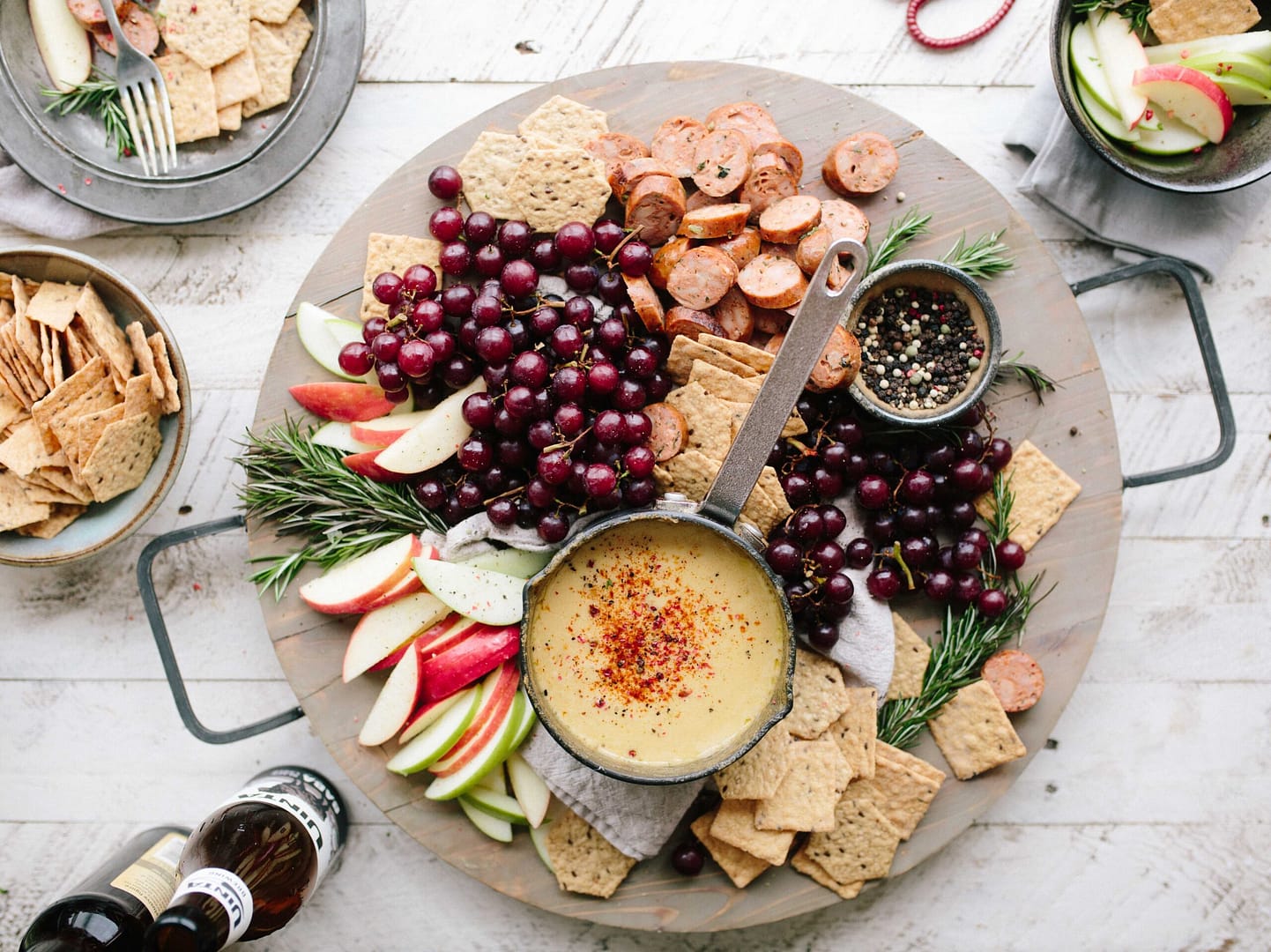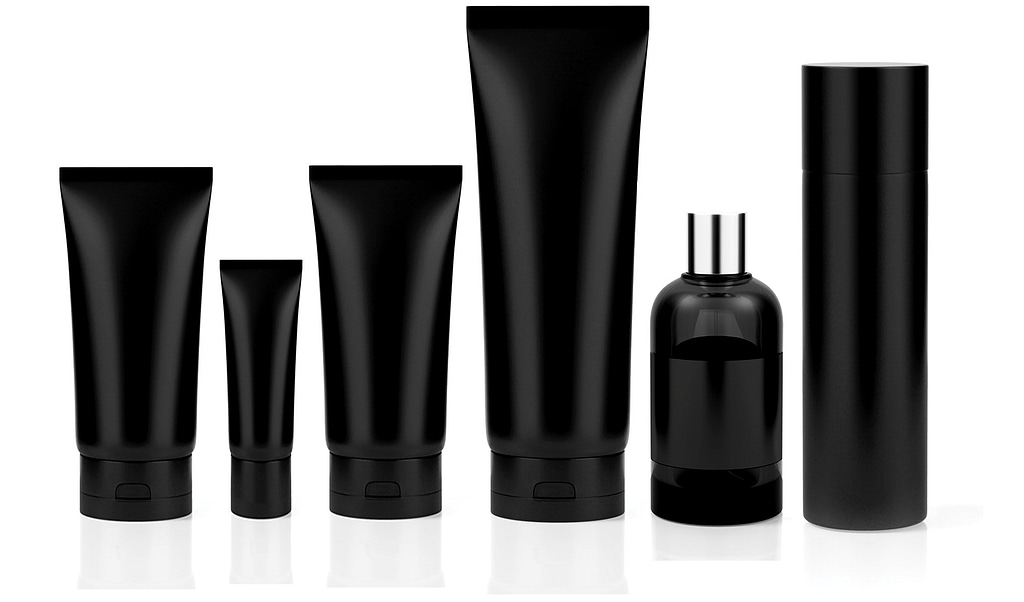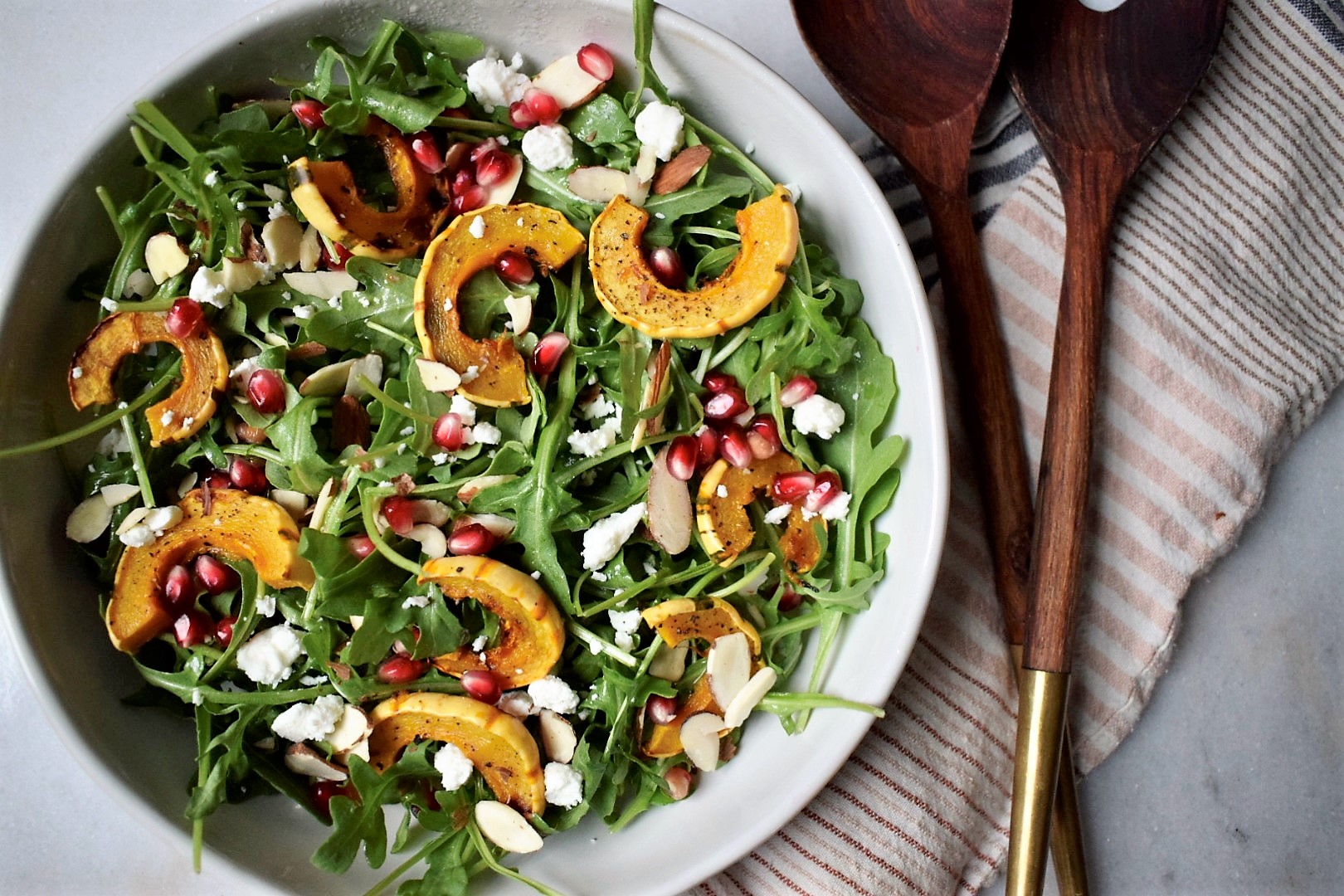Right off the bat, I want to say that healthy eating this is NOT about whether you “cheat” or strictly adhere to some type of dietary “plan.” It’s about mindfulness and savoring special times, traditions and foods that you truly love. I want you to thoroughly enjoy the festivities and feel good while you do it (and feel good the next day!). I want you to start the new year feeling healthy and energized, not like you need a detox.
I also think it’s helpful to acknowledge that in our culture, sweets (and alcohol for many) are often a big part of our celebrations. It’s helpful to take a step back and recognize where these fit into your personal traditions so that you can be more mindful and intentional about what actually serves you, what brings you joy this time of year and what traditions you pass along to the next generation.
Here are 11 of my best tips for healthy eating during the holidays.
- Go into any event well hydrated. Ideally, this starts in the morning. Try to drink 2-4 cups of water first thing after waking and drink plenty more water throughout the day between your meals (herbal tea is great too).
- Make a point to have a savory, protein-centric breakfast. This will help to stabilize your blood sugar for the rest of the day. Balanced blood sugar makes it easier to avoid cravings and increases your ability to eat mindfully. I once had a client point out that she never thought she was capable of intuitive healthy eating — UNTIL I taught her how to balance her blood sugar.
- Don’t go into an event on an empty stomach – especially cocktail parties or open house events that are mostly finger foods, baked goods and cheese boards. Depending on the timing and setting, have a healthy meal or snack beforehand – preferably with lots of vegetables, protein and healthy fats. Some ideas: a small green salad with leftover chicken, evoo and vinegar, veggies and hummus, a cup of veggie-rich soup or some edamame. This means you’re not drinking alcohol on an empty stomach when you arrive, it will reduce the blood sugar spike of any treats you decide to enjoy and you’re less likely to graze on finger foods that don’t nourish you (typically, grazing = not eating mindfully).
- Set an intention for every holiday event. Are you there to network? To build new friendships? To spend time with the relatives you don’t see enough? Are you there to enjoy amazing food? Or mostly excited for the opportunity to get dressed up and go to a fun event? Remind yourself of the intention while you’re there. This is a great way to increase mindfulness and avoid mindless eating and drinking that we don’t savor or enjoy.
- BYOB (bring your own bottle) – if you know you feel better drinking natural wine and champagne (like me!) or have a special mocktail you enjoy (here’s one we really like!) or want to share your new favorite natural Campari alternative (my husband!), I recommend that you bring a bottle to events hosted at someone’s home. Those are often added to whatever the host sets out for the party, so you get to enjoy them rather than navigating drinks that might have a lot of sugar, artificial ingredients, or more alcohol than you want.
- BYOV (bring your own veggies) – offer to bring a big salad, veggie side or veggie appetizers such as crudités and hummus or olives with sliced raw and pickled vegetables (here’s what we do in my family). Fiber should be a central part of every meal, but I’ve learned not to count on finding a lot when I eat at someone else’s house. If you are going to graze or snack, it’s also nice to have healthy finger food nearby so that you don’t end up mindlessly eating half a block of cheese or a bowl of peanut M&Ms (been there. Didn’t like it).
- Know what foods (and drinks) you truly enjoy. Savor and enjoy them thoroughly. That makes it easier to pass on the things that you don’t love. For me, it’s my sister-in-law’s pumpkin flan at Thanksgiving and a peppermint-bark-esque ice cream pie on Christmas eve.
- Know whether you’re an abstainer or a moderator. For some of us, abstaining from things like cookies, chips and fries is much easier than having “just one.” This is a piece of self knowledge that makes tempting (non-nutritious) foods much easier to navigate if you know you’d feel better not having them.
- Drink 2 glasses of water for every alcoholic beverage you have.
- Make a plan for the following day that will help you stick to healthy eating and moderate drinking (or no alcohol). If you’re an obliger, it will help to have some external accountability. Examples: having a plan to meet a friend for a morning walk, signing up for a workout class that has a no-show penalty or taking your child(ren) to an activity they’re looking forward to.
- Watch out for loopholes. These come in many forms, and at this time of year we do a lot in the name of “tradition” and invoke the “it’s the holidays…it doesn’t count” loophole. Recognize when you are doing this. I also encourage you to be mindful of how much our culture tends to glorify sweets and how often they are part of our celebrations and special occasions. Consider whether this has served you, and if you have children or grandchildren, be thoughtful about whether you want to create traditions that wire their brains to connect special times and positive emotions with sugary treats. This creates an emotional connection to unhealthy food that can become a problem later in life. Check out my post Kids, Sugar and Holiday Celebrations and Why People Crave Sugar, Gluten and Dairy for more. Be careful about the “it’s for the kids” or “this is what we always do” loopholes that might disconnect you from what you really want and the traditions you want to pass along.
Want to take your health to the next level?
Learn more about my Health Coaching services at JessicaTurney.com or click here to set up a free consultation. I take a whole person approach to health that includes teaching my clients how to balance their blood sugar, make healthy swaps in the kitchen and minimize exposure to common toxins. We also focus on the less tangible aspects of health including self-talk, stress, habit formation strategies and exercises to help increase self-awareness around patterns and cravings. Here’s what my clients have to say about working together.








